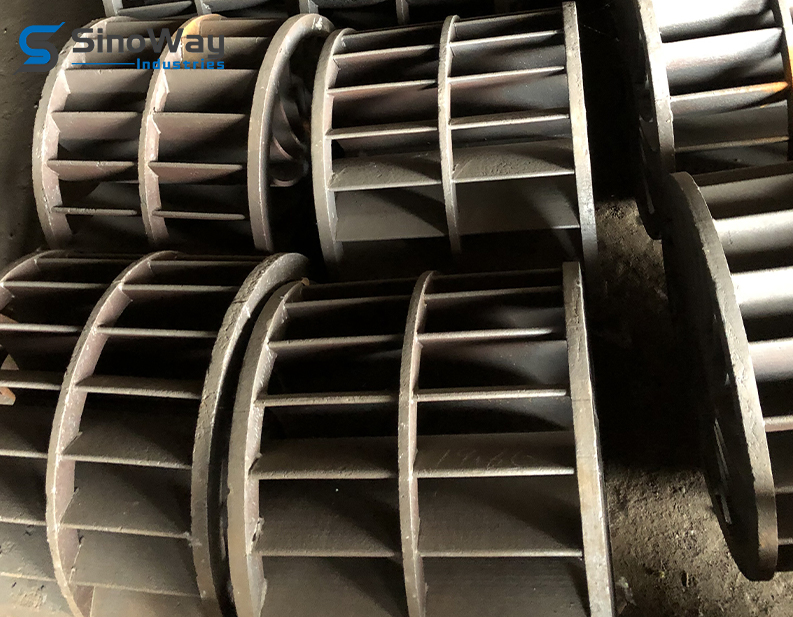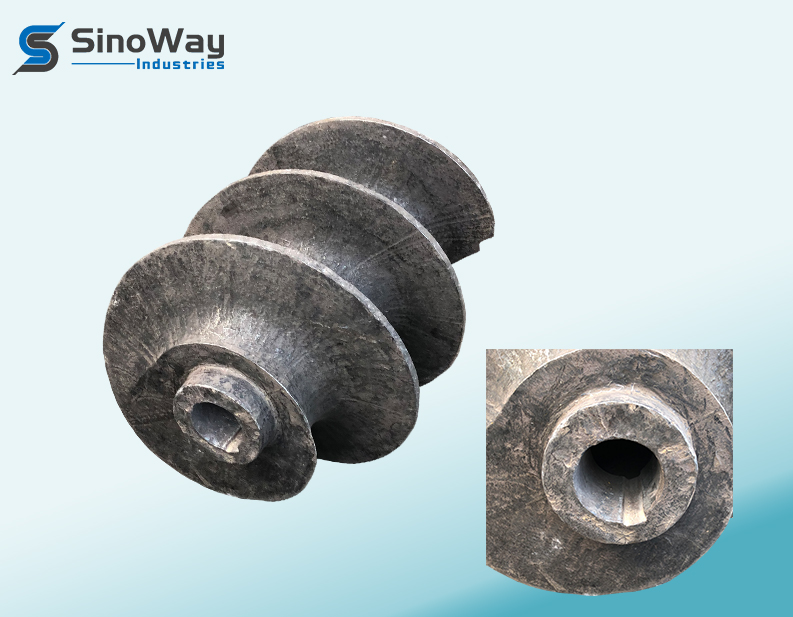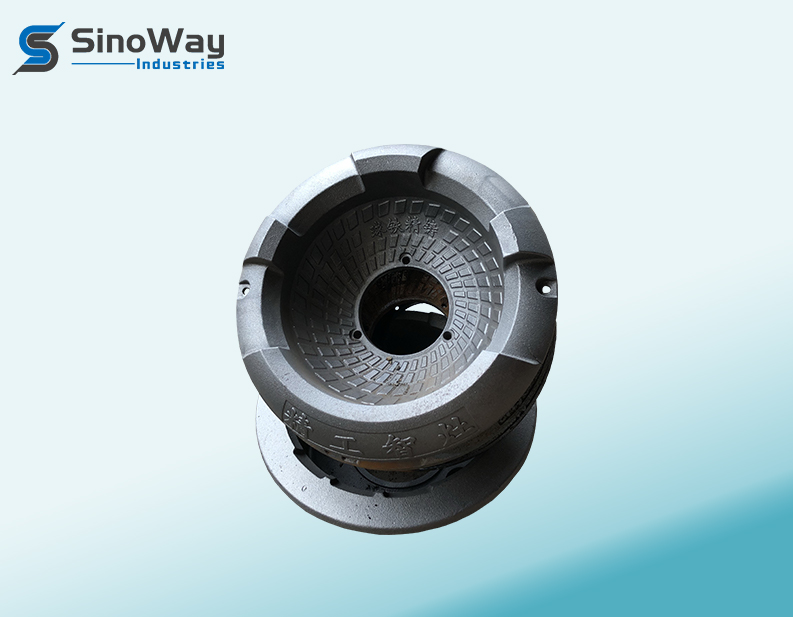Introduction to powder metallurgy
In today’s manufacturing landscape, sustainability and waste reduction are paramount. As industries strive to minimize their environmental footprint, powder metallurgy emerges as a pivotal technology. Sinoway, a leading sheet metal manufacturer, is at the forefront of utilizing this innovative process to enhance sustainability in metal production. Powder metallurgy, unlike traditional methods such as metal castings and casting, offers numerous advantages that contribute to a more sustainable manufacturing process.
Understanding Powder Metallurgy
Powder metallurgy is a process that involves the production of metal parts from powdered metal. This technique involves pressing metal powder into a desired shape and then heating it to bond the particles together. The process is highly efficient and allows for precise control over the material properties, making it a preferred choice for industries looking to optimize material usage and reduce waste.
Key Benefits of Powder Metallurgy
- Material Efficiency: Powder metallurgy uses almost all the raw material, significantly reducing waste compared to traditional metal casting methods.
- Energy Conservation: The process requires less energy as it operates at lower temperatures than conventional casting methods.
- Design Flexibility: It allows for the creation of complex shapes that would be challenging or impossible with traditional casting techniques.
- Reduced Machining: Near-net shape production minimizes the need for additional machining, further reducing waste and energy consumption.
Sinoway’s Commitment to Sustainability
As a prominent sheet metal manufacturer, Sinoway is committed to sustainable manufacturing practices. By integrating powder metallurgy into their production processes, Sinoway not only enhances the quality of their products but also significantly reduces their environmental impact. The company’s dedication to sustainability is evident in their continuous investment in advanced technologies and innovative practices.
Comparing Powder Metallurgy with Traditional Metal Casting
Traditional metal casting, including lost wax investment casting, involves pouring molten metal into a mold to create a part. While effective, this method often results in excess material and energy consumption. Powder metallurgy, on the other hand, uses metal powders to form parts, which are then sintered to achieve the desired properties. This approach minimizes waste and energy usage, making it a more sustainable option.
Lost Wax Investment Casting vs. Powder Metallurgy
- Material Usage: Powder metallurgy uses nearly all the material, whereas lost wax investment casting can result in significant material waste.
- Energy Efficiency: The lower sintering temperatures in powder metallurgy lead to reduced energy consumption compared to the high temperatures required for melting in investment casting.
- Production Speed: Powder metallurgy can be faster due to its fewer processing steps and reduced need for post-processing.
Environmental Impact and Waste Reduction
Powder metallurgy plays a crucial role in reducing the environmental impact of metal manufacturing. By minimizing waste and energy consumption, this process aligns with global sustainability goals. Sinoway’s adoption of powder metallurgy is a testament to their commitment to reducing their carbon footprint and promoting environmentally friendly manufacturing practices.
Future Prospects and Innovations
The future of powder metallurgy looks promising, with ongoing research and development aimed at further enhancing its capabilities. Innovations in powder production, sintering techniques, and material properties continue to expand the potential applications of this technology. Sinoway remains at the cutting edge of these developments, ensuring that they stay ahead in the competitive landscape of sheet metal manufacturing.
Conclusion
In conclusion, powder metallurgy offers a sustainable alternative to traditional metal casting methods. By reducing waste, conserving energy, and providing design flexibility, it is an ideal solution for manufacturers like Sinoway who are committed to sustainability. As the industry continues to evolve, the role of powder metallurgy in promoting environmentally responsible manufacturing practices will only grow stronger.
By leveraging the advantages of powder metallurgy, Sinoway not only enhances its product offerings but also contributes to a more sustainable future. As the demand for environmentally friendly manufacturing solutions increases, powder metallurgy will undoubtedly play a vital role in shaping the future of metal production.







